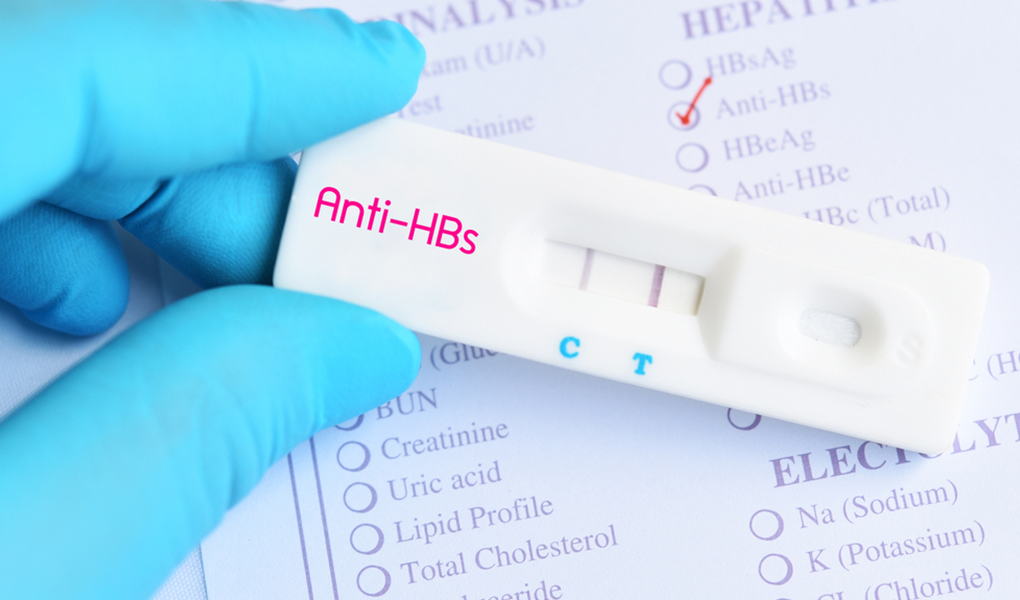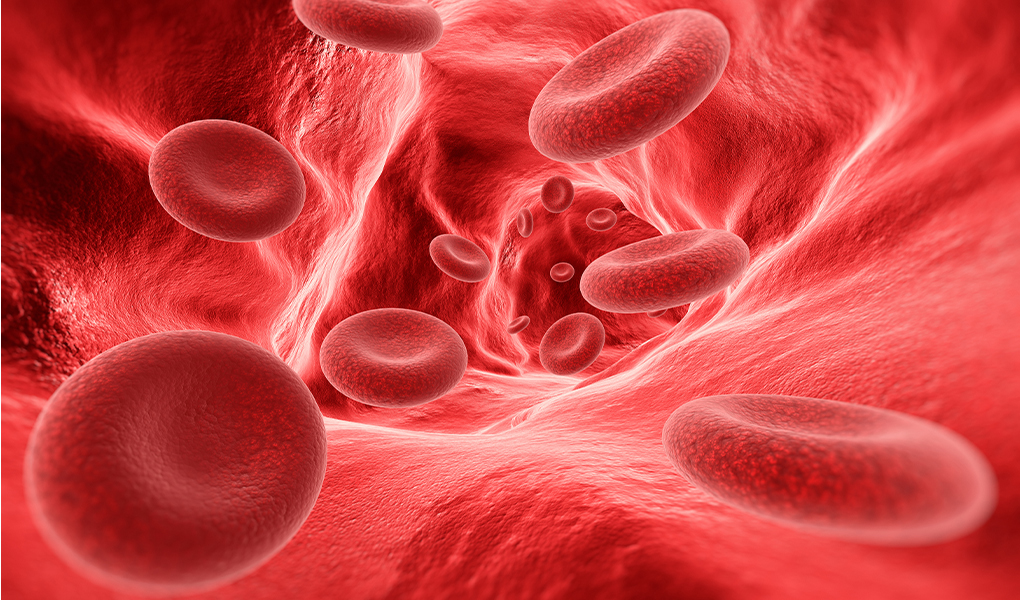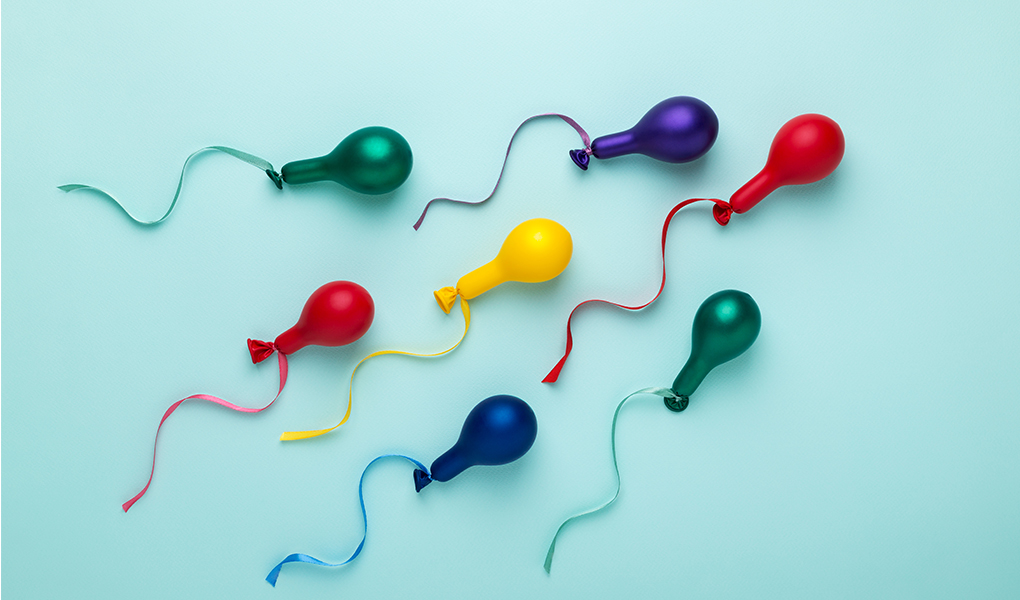IVF treatment is the process of fertilization by taking female and male reproductive cells into the laboratory environment and placing one or two of the best quality embryos in the womb of the mother.
IVF treatment takes place in women with the stimulation of the ovaries, egg collection, sperm fertilization with the sperm and embryos transferring to the uterus. The fertilization of the eggs with sperm can be done in two different ways: in vitro fertilization and intracytoplasmic sperm injection.
How In Vitro Fertilization Applied?
In vitro fertilization (IVF) is the name of classical IVF treatment in the medical literature. With IVF, a large number of egg cells taken from women and sperm cells taken from men are brought together in a culture environment prepared in laboratory conditions, and sperms are expected to fertilize the egg cells. The most healthy ones are selected from the embryos obtained by sperm fertilization, and transferred to the womb of the woman. The transplant is done by injecting with special catheters.
How Is Intracytoplasmic Sperm Injection Applied?
In the intracytoplasmic sperm injection (ICSI) or microinjection method, only one of the best quality sperm cells is selected from the candidate father. The selected sperm cell is injected into the egg cell obtained from the expectant mother by microinjection in the laboratory. This application is done with the help of very small surgical instruments called micromanipulators and a special microscope. The microinjection method can be applied in male infertility problems such as low sperm count, quality or problems with sperm penetration into the egg. ICSI can help you have a baby in men who have previously had a vasectomy for birth control. Generally, it is preferred in couples whose fertilization cannot be obtained in the culture medium with the classical IVF method.
Examination Before IVF Treatment
The couple who want to have a child is evaluated before starting IVF treatment. It is important to determine the cause of infertility so that the treatment plan can be made. For this purpose, the couple’s medical history is questioned and a physical examination is performed. Then a gynecological examination is made to the expectant mother and the reproductive organs are examined with ultrasound. Some tests are planned in order to obtain clearer data. Tests for women and men are:
Blood FSH, LH, TSH, Prolactin and Estradioln levels are measured in the woman on the 2nd or 3rd day of menstruation.
In men, spermiogram, sperm analysis is done. With spermiogram, the number of healthy sperm in the semen is evaluated.
The treatment plan is determined according to the medical history, physical examination, gynecological examination, ultrasound examination, hormone values and sperm analysis results. IVF treatment is regulated depending on the woman’s age and the capacity of the ovaries, as well as the cause of infertility. After this preparation phase, IVF treatment is started by giving the woman the necessary medicines to obtain eggs. With hormone therapy, the ovaries called ovarian induction are stimulated. So, when does IVF treatment begin?
When to Start IVF Treatment?
“When should IVF treatment be started?” There is no definitive answer to the question. Different answers can be given depending on the situation of the couple. In some cases, couples should apply directly to the IVF method without wasting any time.
In the presence of a genetically transmitted disease in the woman or man that can be transferred to the baby,
In infectious diseases such as hepatitis and HIV, IVF treatment can be started without delay to protect the partner.
If women under 35 years of age do not become pregnant despite the unprotected relationship for 1 year and women over 35 years of age, they should consult a specialist to investigate the cause. If no reason is found in the tests, some treatments are performed and additional periods are given for pregnancy in the normal way. According to the diagnosis, IVF treatment can be started immediately. For example, the very low sperm count of the prospective father requires starting IVF treatment immediately.
Do I Need To In My Period?
In the IVF process, the first examination does not have to take place on a certain day of menstruation. The first interview with the doctor and a detailed gynecological examination can be carried out on any day. On the 2nd or 3rd day of menstrual bleeding, the condition of the ovaries is evaluated on ultrasound and FSH, LH, TSH, E2 and Prolactin levels in the blood are checked. The treatment process begins after the mother is given the necessary medicines for the stimulation of the ovaries. During IVF treatment, hormone therapy is applied with two different protocols, short and long. In each of these protocols, since hormone therapy is started on different days of menstruation, “How many days of IVF menstruation is done?” The answer to the question also varies.
In both protocols, the pituitary gland, which stimulates the ovaries by secreting hormones, is suppressed. The ovaries are then stimulated. Hormone drugs called GnRH analogs (GnRHa) are used to suppress the pituitary gland. Thus, the pituitary gland and thus the ovaries suppress.
Hormone suppression therapy is started on the first day of menstruation with GnRHa in the short protocol, and 21 to 23 days of the previous menstrual cycle in the long protocol. Technically, “When to start a IVF?” The answer to the question corresponds to the mentioned days of menstruation in short and long protocols.
In the short protocol, hMG or FSH is added to GnRHa treatment to stimulate the ovaries from the 3rd day of menstrual bleeding. In the long protocol, hMG and FSH hormones are added on the 2nd or 3rd day of menstrual bleeding.
Stages of IVF Treatment?
IVF treatment is completed in 5 successive stages.
Stage 1: Preparation before application
Stage 1 of IVF treatment consists of evaluating couples and ultrasound examination and various tests before treatment. The presence of any condition preventing IVF treatment in the ovaries and uterus is investigated with ultrasound. For the most accurate result in hormonal evaluation, FSH, LH, TSH, E2 and Prolactin levels of the mother candidate are examined on the 2nd or 3rd day of menstruation.
Stage 2: Stimulation of eggs
At this stage, with the hormone therapy, the ovaries are first suppressed and then stimulated. The stimulation of eggs is carried out in two ways, short or long protocol. In both protocols, GnRH analogs are used to suppress the ovaries before stimulation, and hMG and FSH are used for stimulation. The purpose of stimulating the ovaries known as ovarian induction in the medical literature is to increase the number and quality of eggs in candidates with normal ovulation, and to obtain ovulation in those with no ovulation.
Stage 3: Egg collection process
Egg collection, known as OPU (Oocyte Pick-Up) procedure, is usually performed under the guidance of transvaginal ultrasound. Just before the procedure, the vagina is numbed with a local anesthetic drug. Then the eggs are collected from the ovaries with the help of a needle.
Stage 4: Artificial fertilization
It is the stage of fertilization of the eggs collected from the mother and the healthiest of the sperm obtained from the father. In IVF, which is the classical IVF method, sperm and eggs are brought side by side in culture medium and they are expected to be fertilized spontaneously. In the ICSI technique, sperm is injected into the egg by microinjection. The embryo is obtained by fertilizing the eggs. The embryo is placed in the uterus of the expectant mother in the next step.
Stage 5: Embryo transfer
Placing the embryo in the womb of the expectant mother is the final stage of IVF treatment. The transfer of fertilized eggs obtained by IVF or microinjection method to the uterus is usually performed on the 3rd or 5th day after fertilization. This process is called blastocyst transfer. Thus, IVF treatment is completed.
The implantation of the embryo in the womb within 48 hours after the transfer is called implantation. With implantation, the pregnancy hormone beta HCG now begins to rise in the blood and usually reaches the level that can be measured in the blood after 10 days.
You can contact us at 444 39 49 for all your questions and questions about IVF treatment.





Be the first to comment